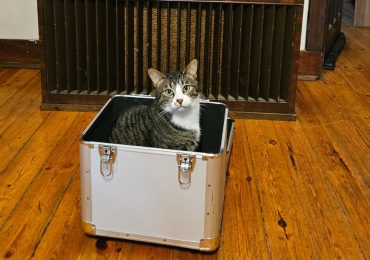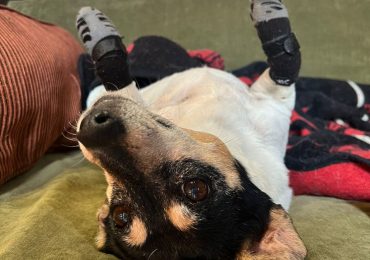Olivia Rose Walton considers loss and erasure across two landscapes, traversed by train.
1. Kayseri station, Turkey
On the steps outside the Kayseri train station men smoke in the dark, their backs to the light spilling from the old windows. On the far side of the parking lot a highway runs past, heading from the city to the airport. Inside, fluorescent lights leave everything bare on the faces of women gathering children to them, or listening to music, or checking the times on the red-and-black digital ticker that announces weekly departures. The options are: Asya Ekspresi, Çukurova Ekspresi, Doğu Ekspresi. The Asia Express, Çukurova Express and Eastern Express. In a booth behind a window a man in a blue cap like a ship’s captain’s hands out tickets to people. I collect our tickets and then stand over our bags as my friend Katie goes out for a cigarette.
It’s almost one in the morning in Kayseri, high on the Anatolian plains. Mount Erciyes sits somewhere in the dark beyond the lights of the city, the snow on its peaks reserved and elegant, in contrast to the earnest neon pride of the industrial hustle beneath it. Kayseri has been a city for about as long as there have been cities, with a new name for every set of new rulers. It was once renamed in the great imperial tradition by a local Roman vassal, for Caesar Augustus. The city became one of many called Caesarea. Caesarea, Caesar, Kaiser, Kayseri—names moving around history like they were changing seats in a cinema.
Our train is the Eastern Express: it runs from the Turkish capital, Ankara, to Kars, a city on the Armenian border that for fifty years before the rise of the Turkish Republic belonged to the Russians. Kayseri is the first station after Ankara. Ahead of us is an eighteen-hour ride from the heart of the country to its northeastern border. We are two girls, jobless, in limbo, and excited.
Katie is American, I am South African. Each of us has made a home in Istanbul, but I am one month away from leaving. We’ve mapped out a trip that will enable us to see a part of the country that is strange to us. Tell most people you’re going to Kars, and their response is, ‘But why?’ It is bleak and conservative, they say. But we want the long train ride and we want the border zones. Our bank balances are low as train tracks, but we have a bottle of wine and some tinned food for the train. We’re all right.
- Olivia Rose Walton is a journalist, writer and photographer; follow her on Twitter





